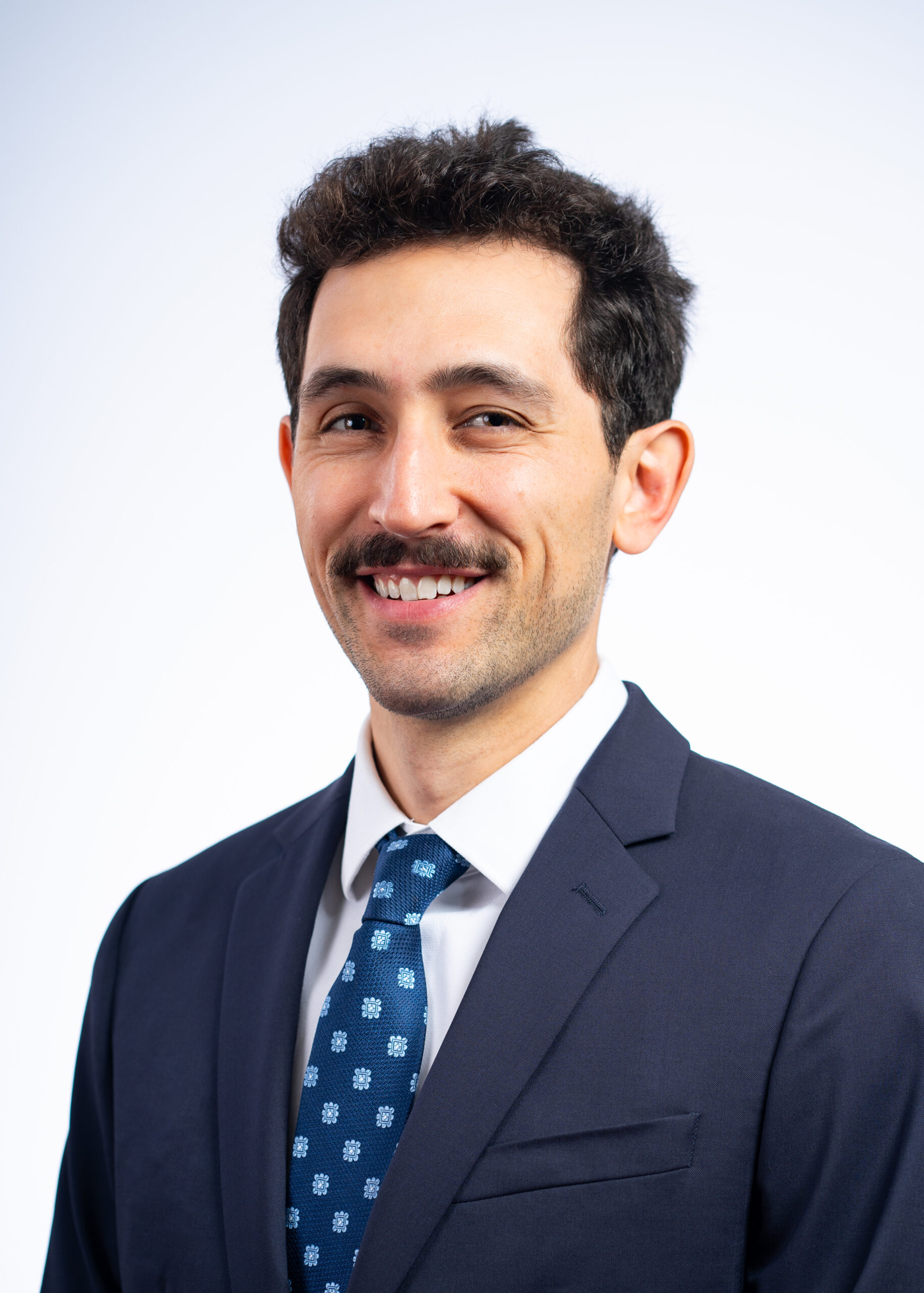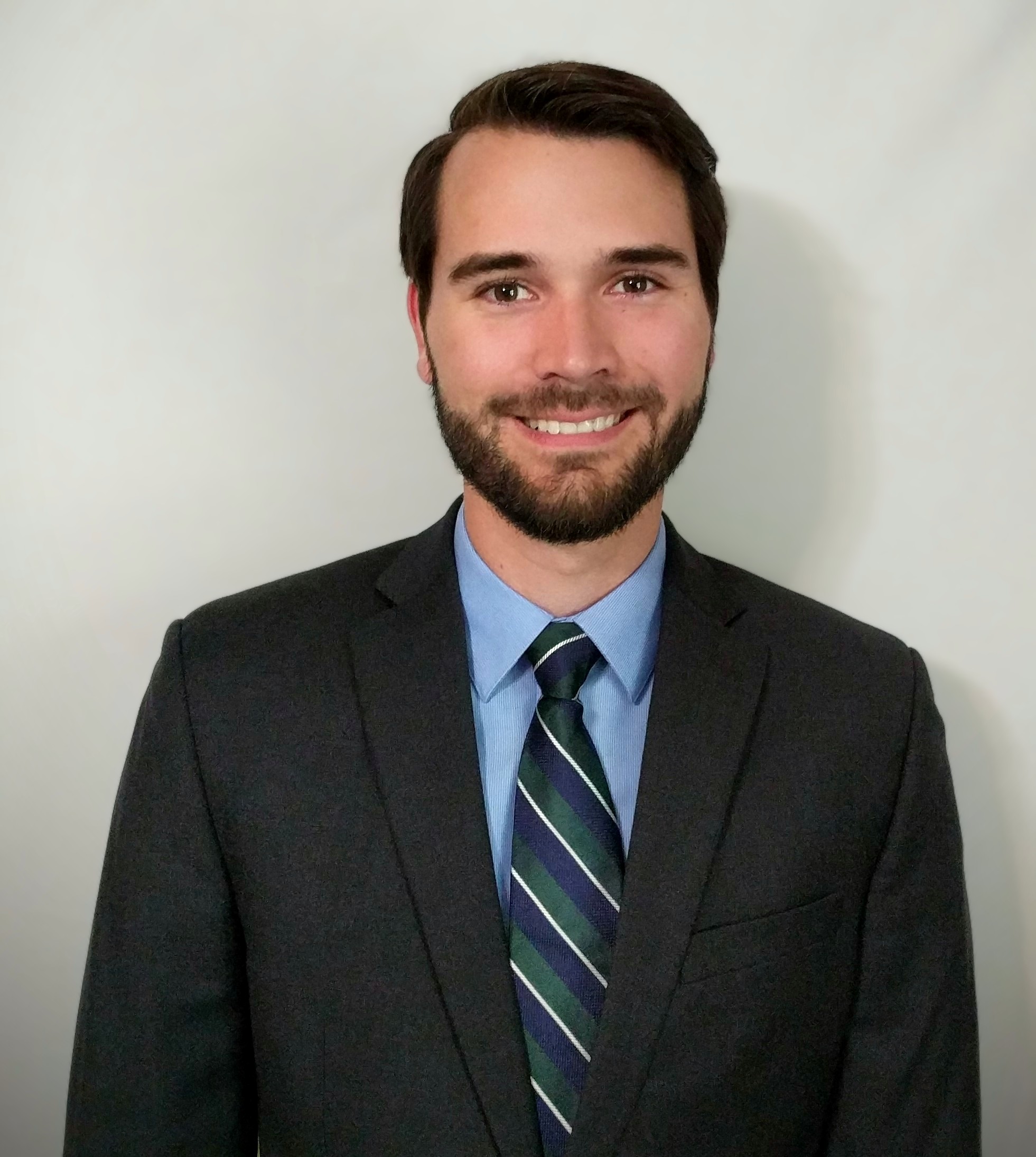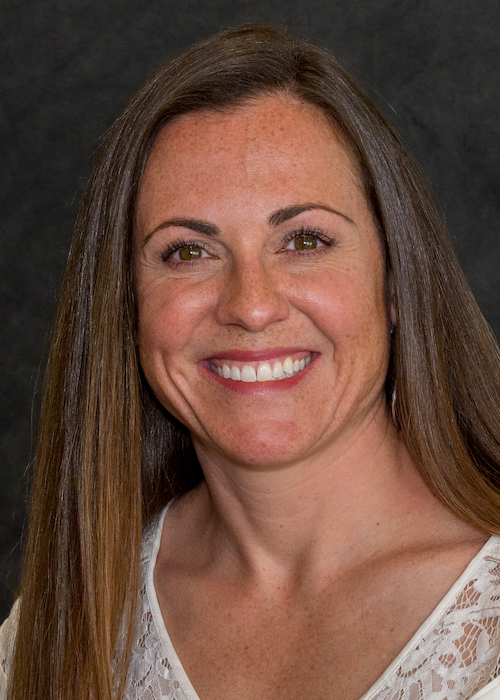







Benjamin Leung is a research fellow at the Duke Clinical Research Institute. Ben has a background in systems engineering and data science, and his primary research interests are in developing and applying artificial intelligence and data analytics models to assess interventions for response to patients requiring resuscitation, such as those suffering from out-of-hospital cardiac arrest, in order to improve and optimize the system of care. Ben is particularly interested in understanding inequalities of care across geographic areas and how analytics-informed implementation of proposed interventions can help address these inequalities. In his spare time, Ben enjoys (indoor) bouldering, pub trivia, and video games.



University of Washington


Adiya Jaffari trained as an internal medicine physician at the University of Washington where she is now a cardiology hospitalist. She spent her early childhood in Kabul, Afghanistan and grew up in Boise, ID before she completed a Fulbright fellowship in India. As an aspiring cardiologist, she is enthusiastic about innovative community-based solutions and is committed to addressing health disparities in cardiovascular care, both locally and globally. In her free time, she enjoys rock climbing, yoga, and reading.